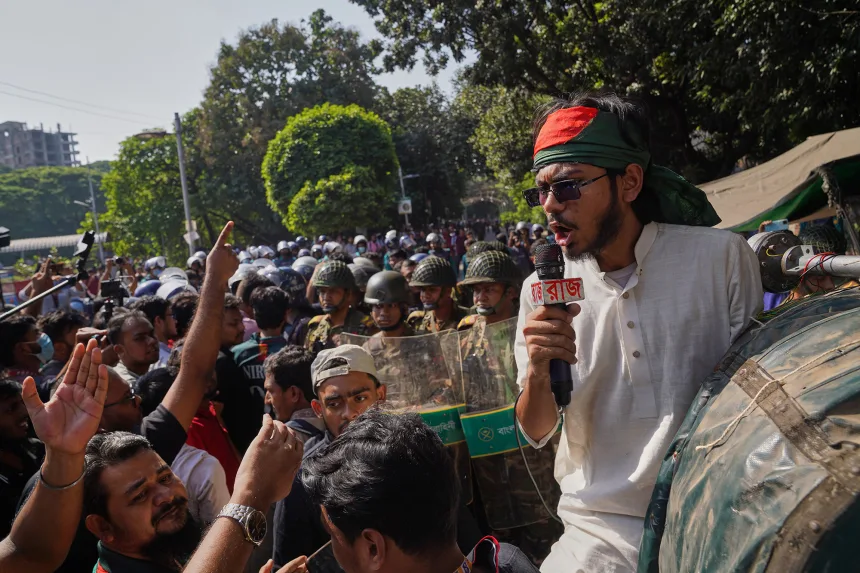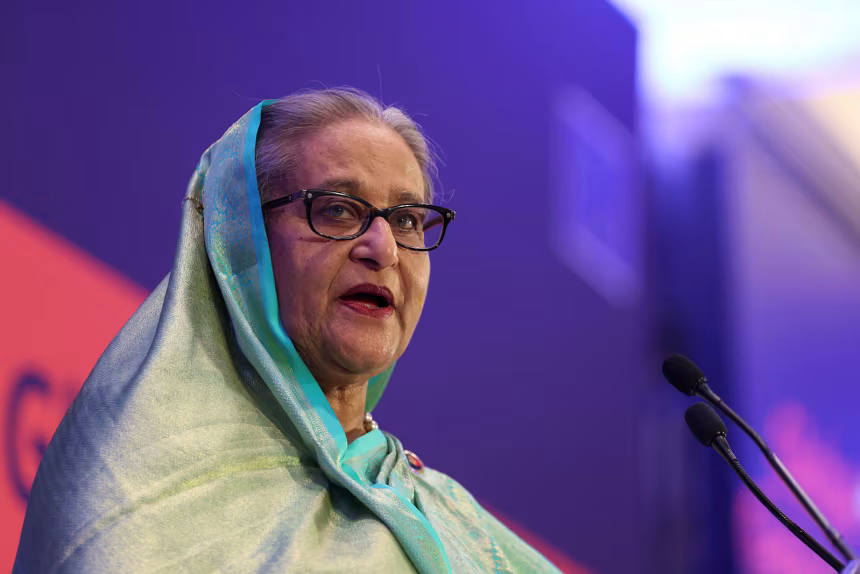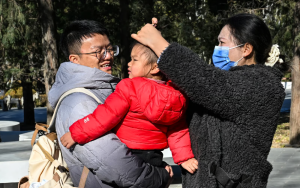Bangladesh has been thrown into turmoil after its ousted Prime Minister, Sheikh Hasina, was sentenced to death for crimes against humanity.
These crimes were tied to last year’s brutal crackdown on student protesters.
The International Crimes Tribunal ruled that Hasina directly encouraged the extrajudicial killings.
She later ignored the killings that helped bring down her government.
The courtroom burst into applause as judges declared it “crystal clear” that Hasina had ordered security forces to “kill and eliminate” student demonstrators.
What began as peaceful protests over job quotas spiraled into a nationwide uprising.
Up to 1,400 people were killed and tens of thousands injured, according to the UN.
Political Tensions Surge
Hasina, watching events from self-imposed exile in New Delhi, blasted the ruling as “biased and politically motivated.”
She insisted the tribunal was set up by an “unelected government.” She maintains the charges are fabricated.
Back home, tensions are exploding. Protesters descended on her late father’s historic residence chanting “Break it down and burn it,” as bulldozers rolled in.
Others celebrated the verdict with rallies and sweets at Dhaka University.

Bangladesh’s interim government is demanding Hasina’s extradition, but India has offered no clear answer.
Analysts warn the judgment could ignite even more chaos ahead of next year’s elections.
Awami League supporters threaten to block the vote unless their party ban is lifted.
The question now: is this justice, or the beginning of an even deeper political firestorm?





